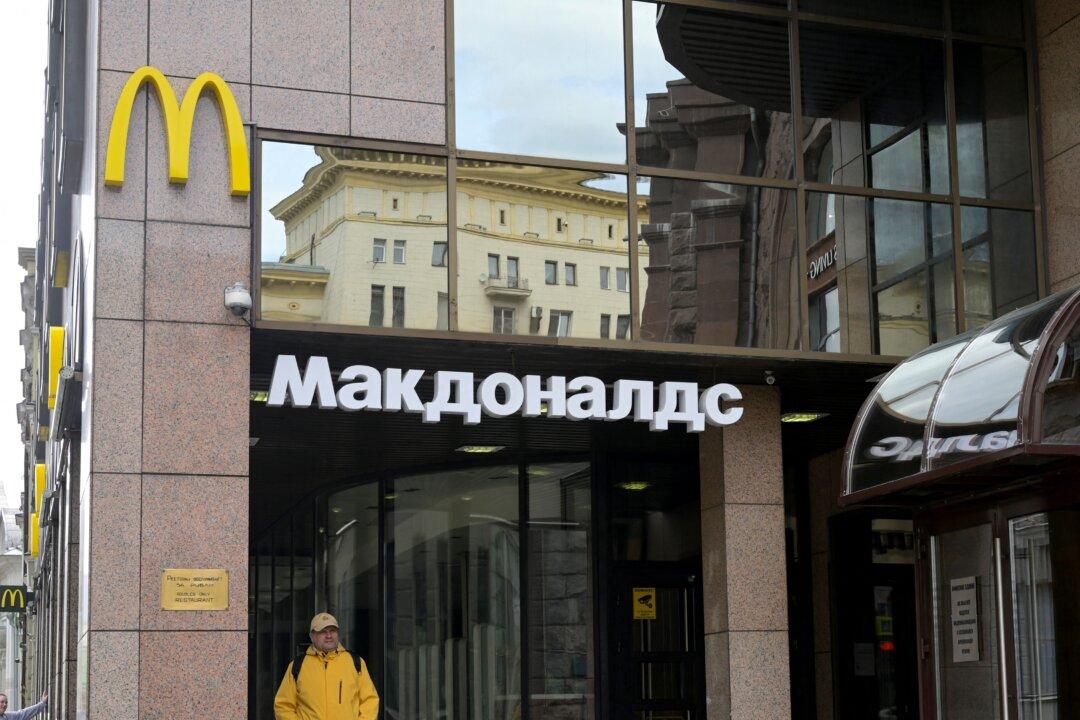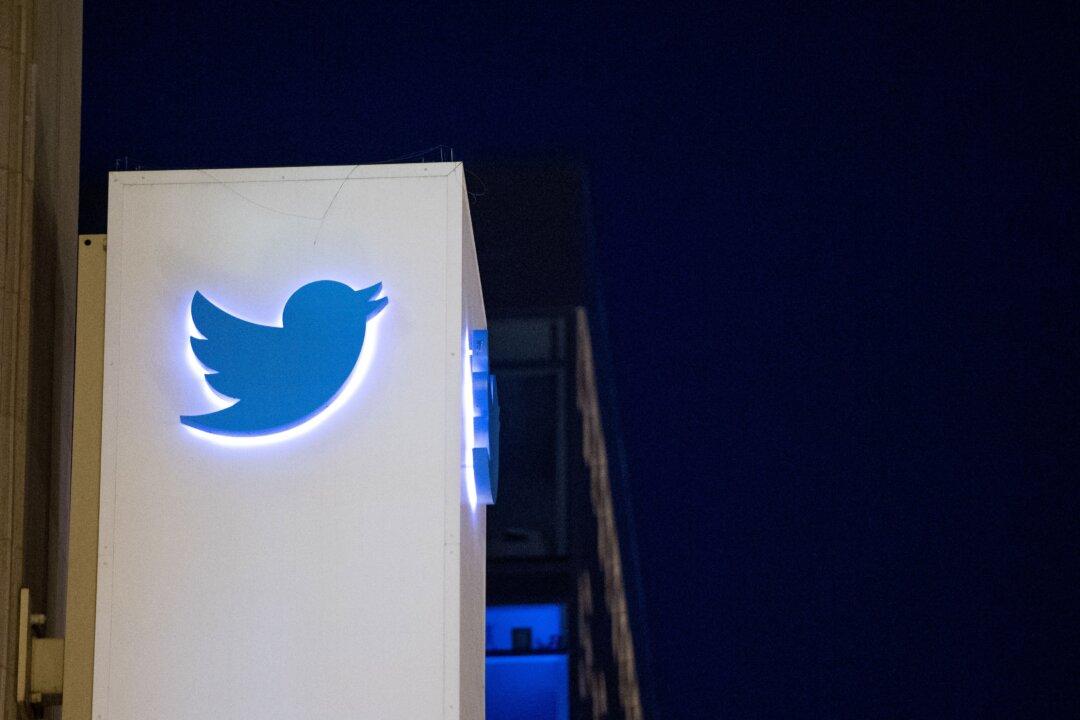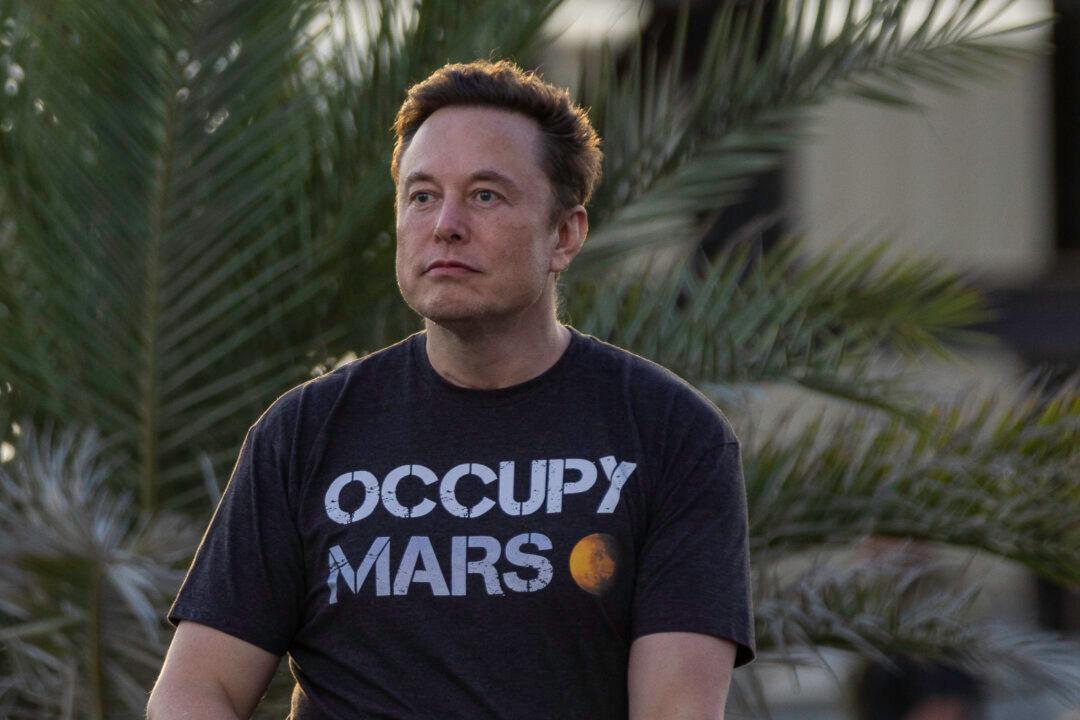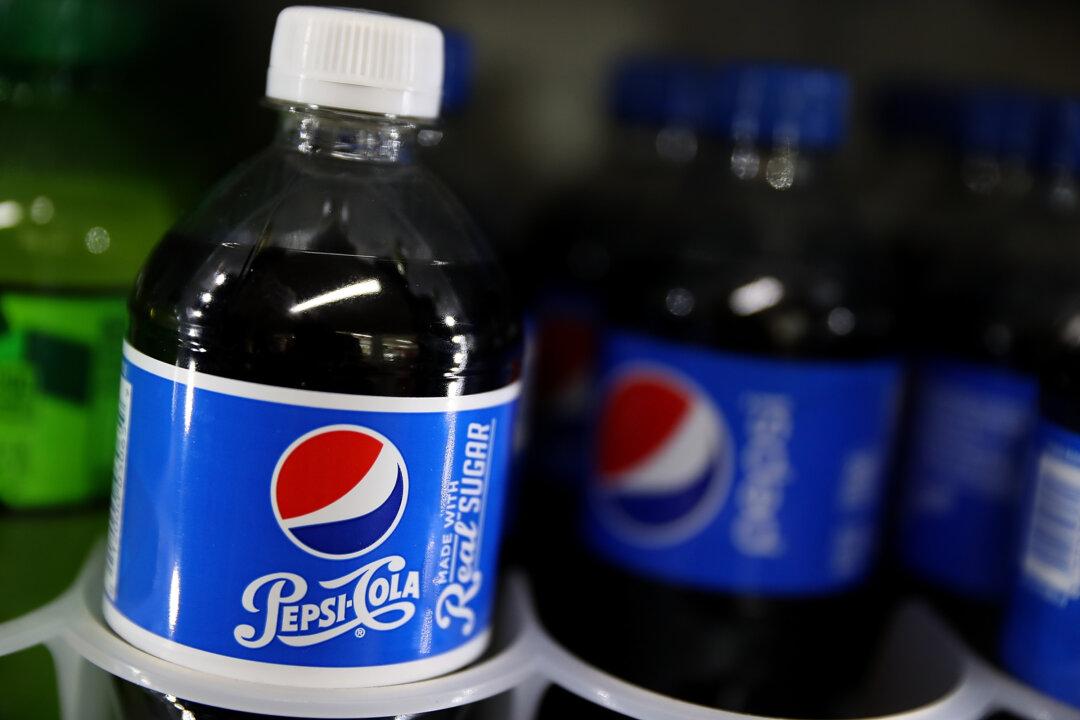McDonald’s Corp announced Monday its intention to sell its Russian restaurants. This comes as the company faces the potential of losing its trademarks in the region, which could harm the sale of the business.
What Happened
McDonald’s will sell its Russian business due to the continuing international crisis happening between Russia and Ukraine.The exit from the region comes after more than 30 years in the country. McDonald’s owns the majority of the 850 restaurants in the region, unlike some regions where it relies heavily on franchisees to operate the business.





